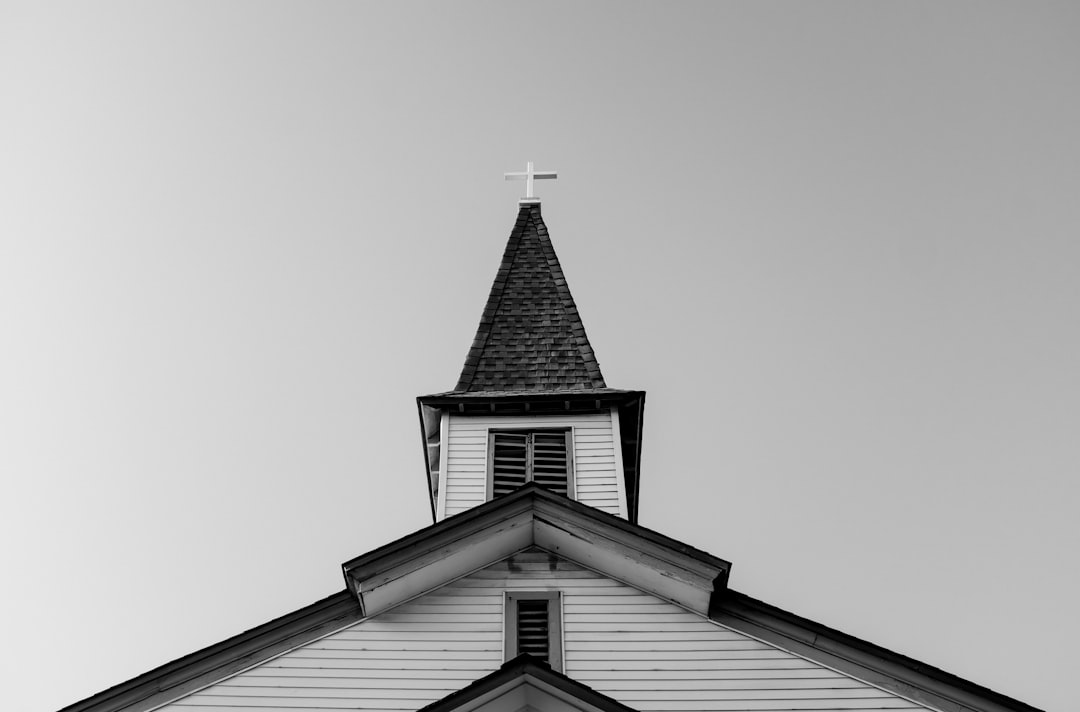In California, clergy abuse victims have legal rights with help from specialized clergy abuse lawyers. These attorneys navigate complex cases, advocate for rights, and ensure compensation from religious institutions. With dedicated professionals, survivors can find justice, heal, and prevent future abuse through evidence collection, case building, and understanding statutes of limitations.
“Seeking justice after experiencing clerical abuse? In California, understanding your legal rights is crucial. This comprehensive guide provides insights into the complex world of clergy abuse law. From recognizing spiritual exploitation to navigating legal actions, we explore essential steps for victims. Learn about the role of an experienced clergy abuse lawyer and California’s statutes of limitations. If you’ve been harmed by a religious leader, discover how to secure justice and hold abusers accountable.”
Understanding Clergy Abuse and Legal Rights in California

In California, clergy abuse refers to any form of misconduct or exploitation committed by individuals in positions of religious authority, including priests, pastors, and other spiritual leaders. This can take many forms, from sexual assault and harassment to emotional manipulation and financial exploitation. Understanding one’s legal rights in such cases is crucial for justice seekers.
If you have been a victim of clergy abuse in California, it is important to know that there are legal avenues available to seek justice and compensation. A skilled clergy abuse lawyer can guide survivors through the complexities of filing lawsuits against responsible parties, ensuring they receive the support and restitution they deserve. By leveraging relevant laws and regulations, these attorneys fight for the rights of their clients, holding accountable those who have caused harm within religious institutions.
The Role of an Experienced Clergy Abuse Lawyer

When navigating the complex legal landscape surrounding clergy abuse cases, an experienced clergy abuse lawyer California becomes an invaluable ally for justice seekers. These specialized attorneys possess a profound understanding of the unique challenges and sensitive nature of such cases. They meticulously review evidence, interview witnesses, and construct robust legal arguments to hold accountable those who have exploited their positions of power within religious institutions.
An accomplished clergy abuse lawyer California guides clients through the intricate legal procedures, ensuring their rights are protected. They stay abreast of relevant case law and legislative changes, leveraging this knowledge to secure the best possible outcomes for victims. By providing strategic counsel and tenacious representation, these lawyers empower individuals to find closure, seek redress, and prevent similar instances of abuse from occurring in the future.
Navigating Legal Actions for Victims of Spiritual Exploitation

Many victims of spiritual exploitation within religious institutions in California find themselves at a loss for legal recourse, but there is hope. For those who have suffered at the hands of abusive clergy, navigating legal actions can be a daunting task, especially when the abuser holds authority within a tightly-knit community. However, with dedicated California clergy abuse lawyers by their side, victims can begin to heal and seek justice.
These legal professionals specialize in understanding the complexities surrounding clergy abuse cases and possess the expertise to guide clients through the intricate process of pressing charges or seeking compensation. They help victims understand their rights, collect evidence, and build strong cases that hold abusers accountable. Through their relentless pursuit of justice, California clergy abuse lawyers empower survivors to break free from the silence that has often surrounded these traumatic experiences.
California's Statutes of Limitations for Clergy Abuse Cases

In California, the time frame within which victims of clergy abuse can take legal action is governed by the Statutes of Limitations (SOL). These laws set deadlines for filing civil lawsuits related to certain crimes, including sexual abuse committed by religious figures. For clergy abuse cases, the SOL typically allows victims until a specific age—often 8 or 10 years old—to file a lawsuit after the incident occurs. This means that if you were a victim of abuse and did not immediately report it due to fear or other circumstances, there might still be time to seek justice.
However, California’s SOL for clergy abuse cases can be complex. There are exceptions and nuances in the law, such as when the victim was under continuous control or manipulation by the abuser, which can extend the deadline. It’s crucial to consult a qualified clergy abuse lawyer in California who specializes in these types of cases to understand your rights and options within the legal framework. They can provide guidance tailored to your unique situation.
Securing Justice: Steps to File a Claim Against Abusing Clergy

Securing Justice: Steps to File a Claim Against Abusing Clergy
If you or someone you know has experienced clerical abuse in California, it’s crucial to understand the steps involved in filing a claim. The first step is to gather evidence and documentation that supports your case. This may include any records of the abusive interactions, statements from witnesses or other victims, and any relevant correspondence with the clergy or church officials. It’s essential to consult with a reputable clergy abuse lawyer in California who can guide you through this process and help protect your rights.
Once you’ve secured evidence, contact a qualified attorney to discuss your options. They will assess the strength of your case and advise on the best course of action. This might involve negotiating a settlement or proceeding with a lawsuit against the abusive clergy or the institution they represent. Remember, time is of the essence; there are often stringent statutes of limitations for such claims. Therefore, prompt action ensures that justice can be sought within the legal timeframe permitted by California law.






